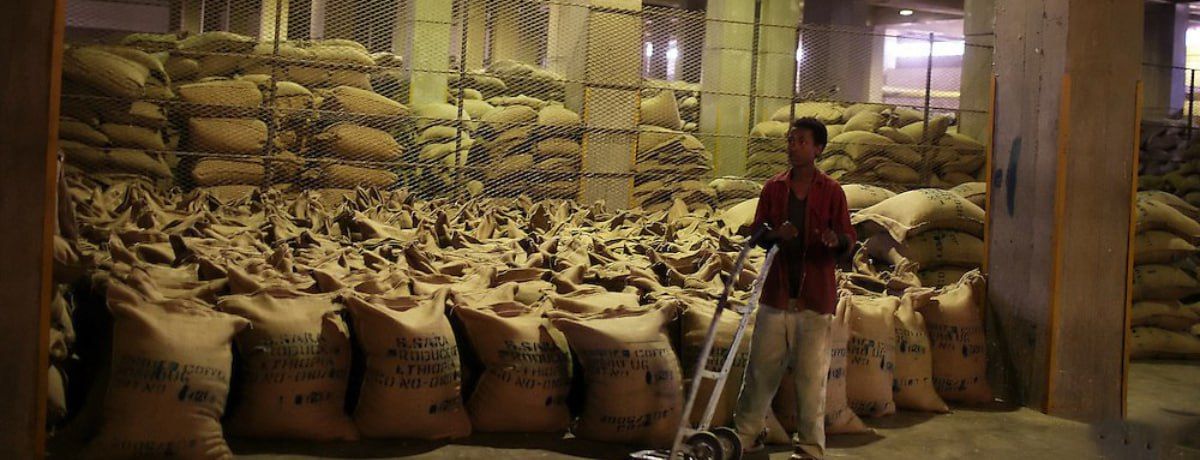
The ECTA and MOA collaborate in facilitating the movement of coffee.
The ECTA and MOA collaborate in facilitating the movement of coffee.
In prior years, the month of May accounted for the active trade of Ethiopian coffees, but for 2023, we have a different situation where export volumes have decreased significantly.
It is to be recalled that ECTA’s latest reports of exports for the past nine months (current Ethiopian fiscal year) highlighted that only 162,000 MT (67% of the planned volume) had been exported, lagging behind the ambitious 240,000 MT. The recently combined effort led by ECTA and MOA is intended to give momentum to the full delivery of export plans. In this regard, the two organizations are working on rigorous inspections and follow-ups, which are expected to correct the impediments in the coffee movement line (farmer-exporter). According to Sophia Kassa, Ph.D., Deputy State Minister at the Ministry of Agriculture (MOA), recent efforts have resulted in close to 1000 MT of daily coffee exports since the end of April. Ethiopian coffee trading has been affected both by global and local factors, with its burden predominately affecting Ethiopian exporters, who have been affected by slow new crop sales seasons. Among numerous reasons, the consistent and strong local (supply) price increments and low international prices have significantly contributed to the observed decline in exports.
Export volume decrement seems to be strongly shared by the largest Arabica exporter, which has seen its exports fall for four months in a row by 21.8%, equaling 9.45 million bags of Arabica. Brazil’s April Arabica shipments came in 13.8% lower compared to the same period in 2022.
